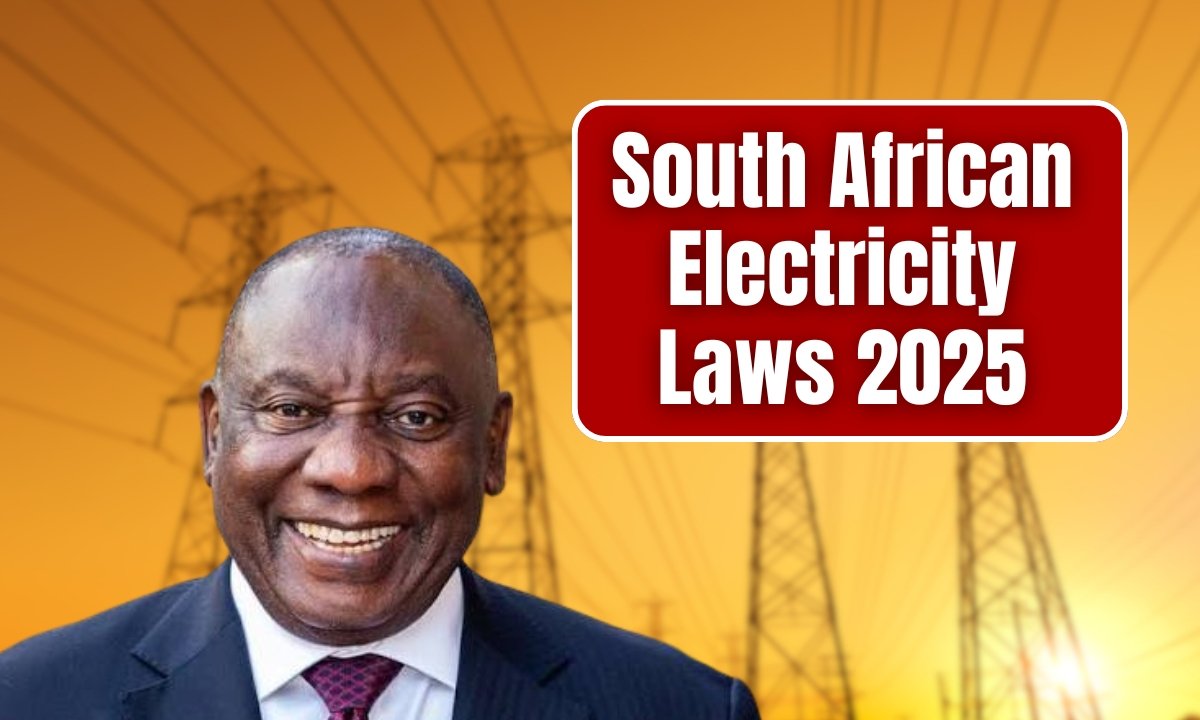In 2025 South Africa introduced new electricity laws to bring about the overhaul of the concepts of energy generation, delivery, and usage. The changes aim to reduce the dependency on Eskom; strengthen consumer rights and service standards, grid reliability, and overall productivity.
Competition Is Rising: More Players, More Choices
The Energy Laws 2025 will basically open the power market. Private entities will be allowed to generate and sell power outright, as opposed to all supply being under Eskom. This liberalization of the power market will be expected to incite competition which possibly translates to discounted price, innovation, and improved services for both domestic and commercial customers.
Increase In Renewable Energy
This new set of laws intends to promote clean energy. Increased support will be given to solar, wind, and hydro generation. Homeowners should be able to have solar panels installed and receive an incentive for any excess electricity they supply to the grid. These measures are meant to help with strengthening the environment, lessening peak loads on Eskom, and reducing the threat of power cuts.
These Are Immediate And Long-Range Effects For Households & Businesses
The new energy market will represent great change at the immediate and longer-term levels for individual households and businesses:
- Tariffs & Billing: With new market competition, electricity tariffs could be in flux. There is hope that prices will stabilize or even drop, depending on provider and region.
- Solar Ownership Perks: And installing a solar power system is going to reduce your electricity bills, but any surplus power generated can also be fed back into the grid for possible savings or income.
- Transparency & Service Quality: Bills will need to be clearer. Standards for quality and reliability will most probably be tightened by the providers. Faster response to blackouts and grid instabilities will be expected.
Modernizing The Grid
Improvement of the electrical grid is also targeted by this legislation. Upgrading the aging infrastructure, the introduction of smart technologies, and enhancing regional interconnection for better energy distribution will be undertaken. It has to make an easy-to-ride grid, where smaller disturbances don’t escalate into giant outages.
Challenges & Expectations
While the changes promise many benefits, they also bring challenges. For instance, transitioning the grid and managing the shift to private providers requires careful regulation and oversight. Ensuring affordability for low-income households will be essential. Over time, however, South Africans are expected to see more stable electricity supply, greater consumer rights, and more renewable energy in the mix.
Also Read: SASSA SRD R350 Grant October 2025 – Payment Schedule And Status Tracker Now Live
